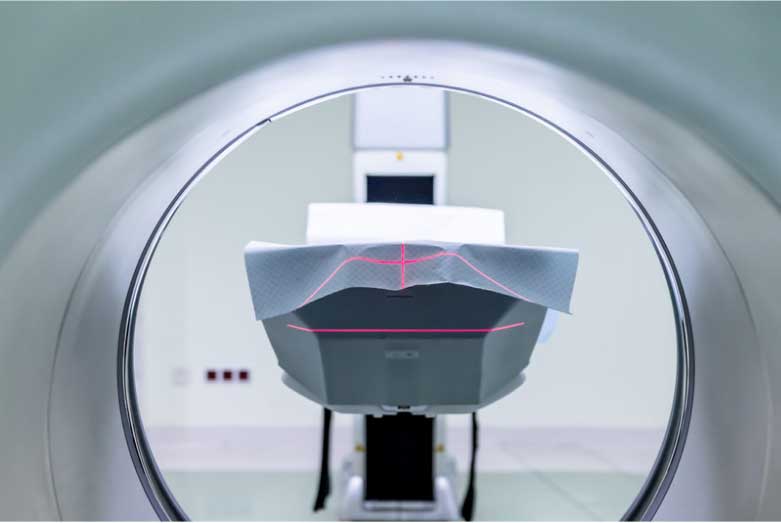Staying healthy is a combination of several factors including diet, physical activity, stress management, and getting enough sleep. Here are some easy ways to stay healthy:
- Eat a balanced diet: Include plenty of fruits and vegetables, whole grains, and lean protein sources in your diet. Avoid processed foods, sugary drinks, and excessive amounts of saturated and trans fats.
- Exercise regularly: Aim for at least 30 minutes of moderate physical activity most days of the week. This can be as simple as taking a brisk walk, biking, or doing yoga.
- Manage stress: Find healthy ways to manage stress, such as deep breathing, meditation, or talking to a friend. Avoid turning to unhealthy habits such as overeating or substance abuse to cope with stress.
- Get enough sleep: Adults need 7-9 hours of sleep per night to function at their best. Establish a consistent sleep schedule and create a relaxing bedtime routine to help improve the quality of your sleep.
- Stay hydrated: Drink plenty of water throughout the day to stay hydrated and help flush out toxins from your body.
- Avoid tobacco and excessive alcohol consumption: Smoking and excessive alcohol consumption can have serious negative impacts on your health. If you use tobacco, seek help to quit. If you drink alcohol, do so in moderation.
- Stay socially connected: Maintaining strong social connections can have a positive impact on your mental and physical health. Spend time with friends and family, join a club or group, or volunteer in your community.




